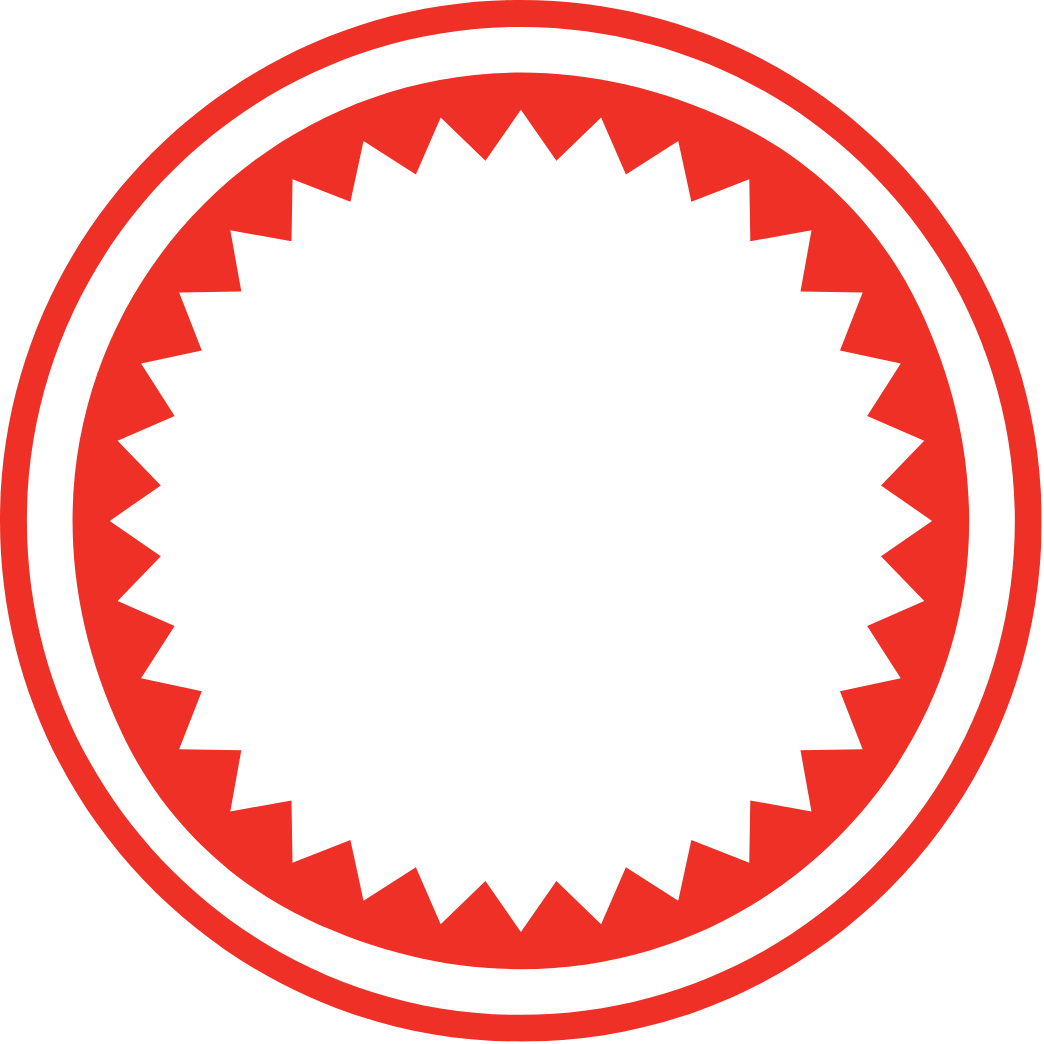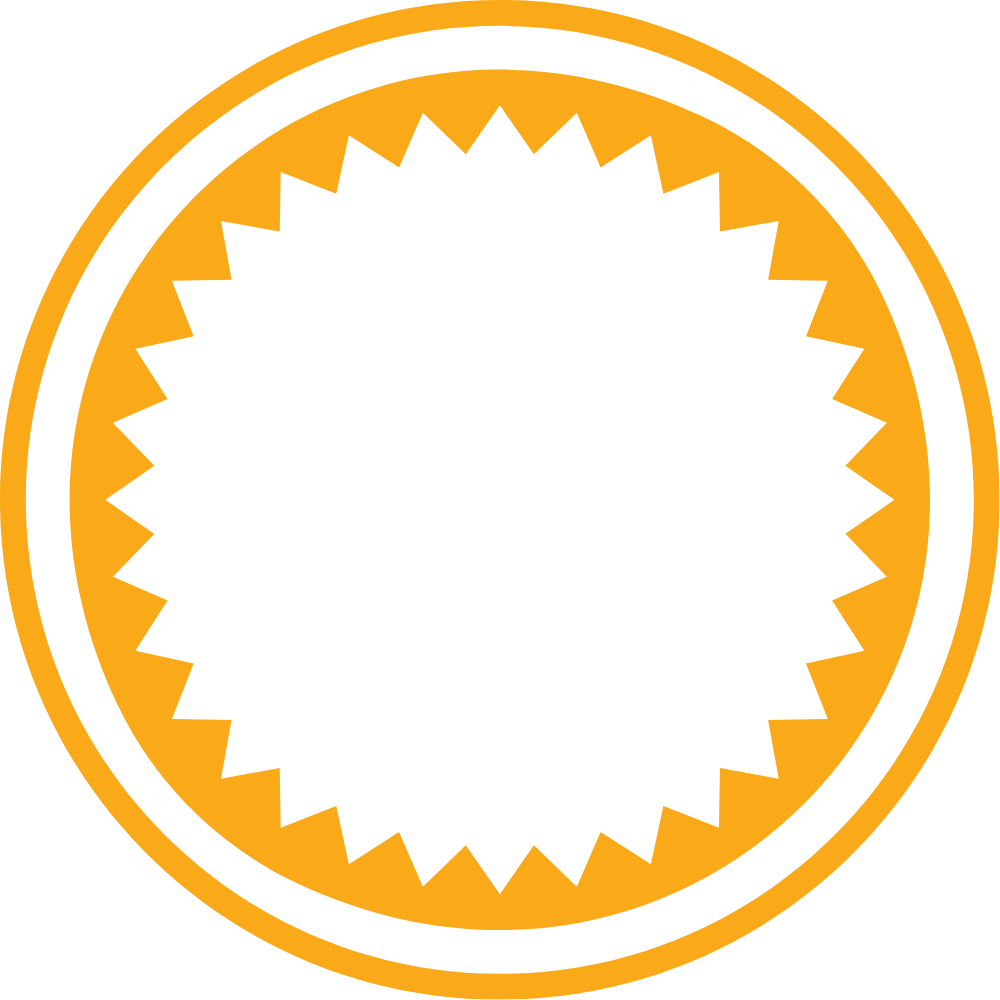South Africa offers a goldmine of opportunity—but only if you speak your audience’s language.
With 12 official languages, Xhosa and Zulu stand out as two of the most influential and widely spoken. If you’re serious about market growth, Xhosa to Zulu translation is your way to go. Together, they represent not just millions of speakers, but millions of potential customers not just in South Africa but also in neighboring countries such as Zimbabwe and Botswana.
In this guide, we’ll go over how Zulu to Xhosa translation is an indispensable asset to establish trust with your customers. We’ll break down their differences and intricacies so you can make smart decisions leading to regional and global growth.
Xhosa and Zulu at a Glance
South Africa is a rich country with dozens of languages. It has about 34 historically established languages, four of which are extinct Khoesan languages. Nowadays, the constitution recognizes 12 official languages, including South African Sign Language (SASL), making it the country with the third most official languages.
The languages in South Africa are divided as follows:
South African Languages | |||
|---|---|---|---|
Indo-European (Germanic) | African (Bantu) | ||
Nguni-Tsonga Languages | Venda/Tswa-Ronga Languages | Sotho-Tswana Languages | |
Afrikaans | Zulu (isiZulu) | Xitsonga | Sesotho (Southern Sotho) |
English | Xhosa (isiXhosa) | Tshivenda | Sepedi (Northern Sotho) |
Dutch (not from the 12 official languages) | Swati (siSwati) | Tswana (Setswana) | |
Ndebele (isiNdebele) | |||
South African Sign Language | |||
Xhosa
Xhosa (also known as isiXhosa) is a Niger-Congo language, originating from the Bantu family. The Xhosa language has been around for centuries, specifically before the 16th century.
Today, around 8 million South Africans speak Xhosa as a first language, making up approximately 18% of the population. Around 7.3 million of them speak the language in the Eastern Cape and the Western Cape. The rest are widely distributed across Gauteng, the Free State, KwaZulu-Natal, Mpumalanga, the Northern Cape, and Limpopo.
Zulu may be the most spoken language in South Africa, but Xhosa is the most widely distributed across the country. Xhosa is also the second most common Bantu home language, making it one of the most important languages for businesses looking to reach a broad and diverse audience in South Africa.
Zulu
Zulu (also known as isiZulu, Zunda, or Amazulu) is also a Bantu language from the Nguni subgroup of the Niger-Congo language family, that originated in the KwaZulu-Natal Province before the 16th century as well.
The language has around 14 million native speakers, accounting for approximately 24.4% of South Africa’s population, making it the most commonly spoken first language in the country. The largest concentration of speakers is in KwaZulu-Natal (around 65.7%), followed by Gauteng (about 23%) and Mpumalanga (around 9.5%).
In addition to native speakers, an estimated 50% of South Africans can understand or speak isiZulu as a second or third language, making it the most broadly understood and used language in South Africa.
Xhosa to Zulu Translation: Key Language Facts
According to a language comparison study from eLinguistics.net, Xhosa ranks as the most similar language to Zulu, with about 80% resemblance. The analysis uses specialized linguistic software to evaluate phonetic structure, vocabulary, grammar, and syntax, and Xhosa and Zulu align on nearly every front.
While mutual intelligibility exists to some extent, particularly in spoken conversation, there are enough differences in vocabulary, tone, and formal writing to require careful localization. Think of it like American vs. British English—but with deeper historical and cultural distinctions.
Vocabulary Differences
During Zulu to Xhosa translation, the Xhosa translator, as well as the Zulu translator, should be well aware that both languages have some words that are the same but are totally different in meaning.
For instance, Ncokolo means to tease in Zulu but to chat in Xhosa. Another example is Thetha, which means to shout in Zulu but to talk in Xhosa, and several more examples like Phuza, which means to drink in Zulu but to kiss in Xhosa.
Therefore, accurate translations are pivotal, and it is wise for your business to hire a professional Xhosa translation service provider to conveniently translate the given material. In addition, they will also implement the appropriate strategies during their Xhosa to Zulu translation to boost your credibility.
Grammatical Differences
The use of verb tenses, noun classes, and word order differs drastically in Xhosa to Zulu translation. For instance, both languages indeed use personal nouns without gender distinction — but there’s a catch. Each language has its own set of rules for proper pronoun usage.
That’s why your business needs a Xhosa translation services partners who understand the deeper grammar, tone, and cultural context, so your message gets translated accurately and in a way that builds credibility and earns trust in the market.
Dialectal Variations
When you translate Xhosa to Zulu, beware of the dialectical variations. While some consider both languages to be dialectally the same, Xhosa and Zulu are two different entities, and the languages’ speakers and history are here to prove it.
Concerning Zulu, there is the standard Zulu, being taught at schools and used formally in businesses and academic circumstances. Meanwhile, there is the urban Zulu, the “slang” language that relies heavily on borrowed words, usually from English.
As for Xhosa, it has several dialects that you should take into account in your Xhosa to Zulu translation strategy, including:
- Mpondo
- Xesibe
- Gaika
- Thembu
- Ndlambe
- Hlubi
- Gcaleka
- Bomwana
- Bhaca (sometimes considered a separate language)
- Mpondomise
Cultural Norms and Context for Xhosa to Zulu Translation
The Xhosa people are widely known for their love of wearing brightly coloured blankets and beaded jewellery.
The Zulu people, on the other hand, are more eager to wear clothes that are made of animal skins and beads.
Linguistic and cultural differences can entirely change the context, or even offend the audience, depending on which language you’re using and which audience you’re targeting.
In a diverse market like South Africa, the wrong tone or phrasing can derail your message entirely. That’s why partnering with a Zulu translation services expert who not only employs the right translation tools but also deeply understands the cultural layers is essential to protect your brand and power your campaigns.
Getting to your target audience’s pain points will convert them to customers. The more knowledge you have about the people and their languages, the bigger your reach will be.
3 Tips to Get Started with Xhosa to Zulu Translation for Your Business
Expanding your business from Xhosa-speaking markets into Zulu-speaking regions requires a strategic approach that respects linguistic and cultural differences while maximizing your brand’s impact. Here are three business-focused tips to get you started:
- Align Language Selection with Your Regional Growth Strategy
If your growth strategy involves scaling into the Zulu-speaking heartland or deepening your footprint in urban centers, adapting your content for Zulu is essential. It’s not enough to repurpose Xhosa content and hope for the best—each audience demands culturally resonant messaging. Tailored localization ensures your brand doesn’t just arrive—it connects, converts, and thrives
- Evaluate the Role of AI and Machine Translation
Machine translation (MT) has made strides globally, but African languages like Xhosa and Zulu still pose challenges for AI systems. Most commercial MT tools have limited training data for these languages, often leading to errors in idioms, tone, and context.
While AI can speed up initial drafts, relying solely on machine translation is risky for business-critical content. Instead, you should adopt a hybrid model with a human-in-the-loop (HITL) approach—combining AI’s efficiency with expert human post-editing (MTPE).
Consulting with seasoned translation experts who understand these limitations will safeguard your brand’s reputation and optimize your localization ROI.
- Partner with a Trusted Expert Team Rooted in Africa
If you want to make real connections with Zulu-speaking audiences, you need more than accuracy—you need authenticity. That means working with a team that doesn’t just translate the language, but lives and breathes it.
They are part of the community, attuned to the social, cultural, and linguistic dynamics that shape communication across South Africa. They know how tone shifts between urban and rural areas, how idioms are used in real life, and how to shape content that feels natural, trustworthy, and relevant.
This kind of partnership ensures your content isn’t just accurate—it’s impactful. It resonates, builds trust, and helps your brand grow with authenticity and cultural fluency in Zulu-speaking markets.
Translate Smart, Localize Strategically: Leverage Your Xhosa to Zulu Translation
Afrolingo, coming from the heart of Africa, will spare you the pain of searching relentlessly. From our native translators to our newest cutting-edge translational technologies, we have what it needs to be your trusted companion on your South African venture.
Whether it be a medical, legal, financial, or marketing project, we have a finely picked team of industry-specific and subject matter-specific translators that won’t rest until you achieve your goal.
A high-quality Xhosa to Zulu translation tailored especially for you. Request a free quote with Afrolingo now!
FAQs
- Is Xhosa similar to Zulu?
No. While Xhosa and Zulu are both Nguni languages and share some vocabulary and grammar, they can’t be used interchangeably for professional or marketing purposes. Proper translation ensures clarity, respect, and engagement.
- Can I use one translator for Xhosa to Zulu translation?
While a single translator might seem like a quick solution, Xhosa to Zulu translation requires far more than just bilingual fluency. Relying on one person can limit the depth, accuracy, and cultural relevance of your message, especially for business-critical content.
At Afrolingo, our Xhosa and Zulu translation projects are handled by a team of native-speaking linguists, editors, and cultural consultants who understand the nuances of both languages and the regions where they’re spoken.








